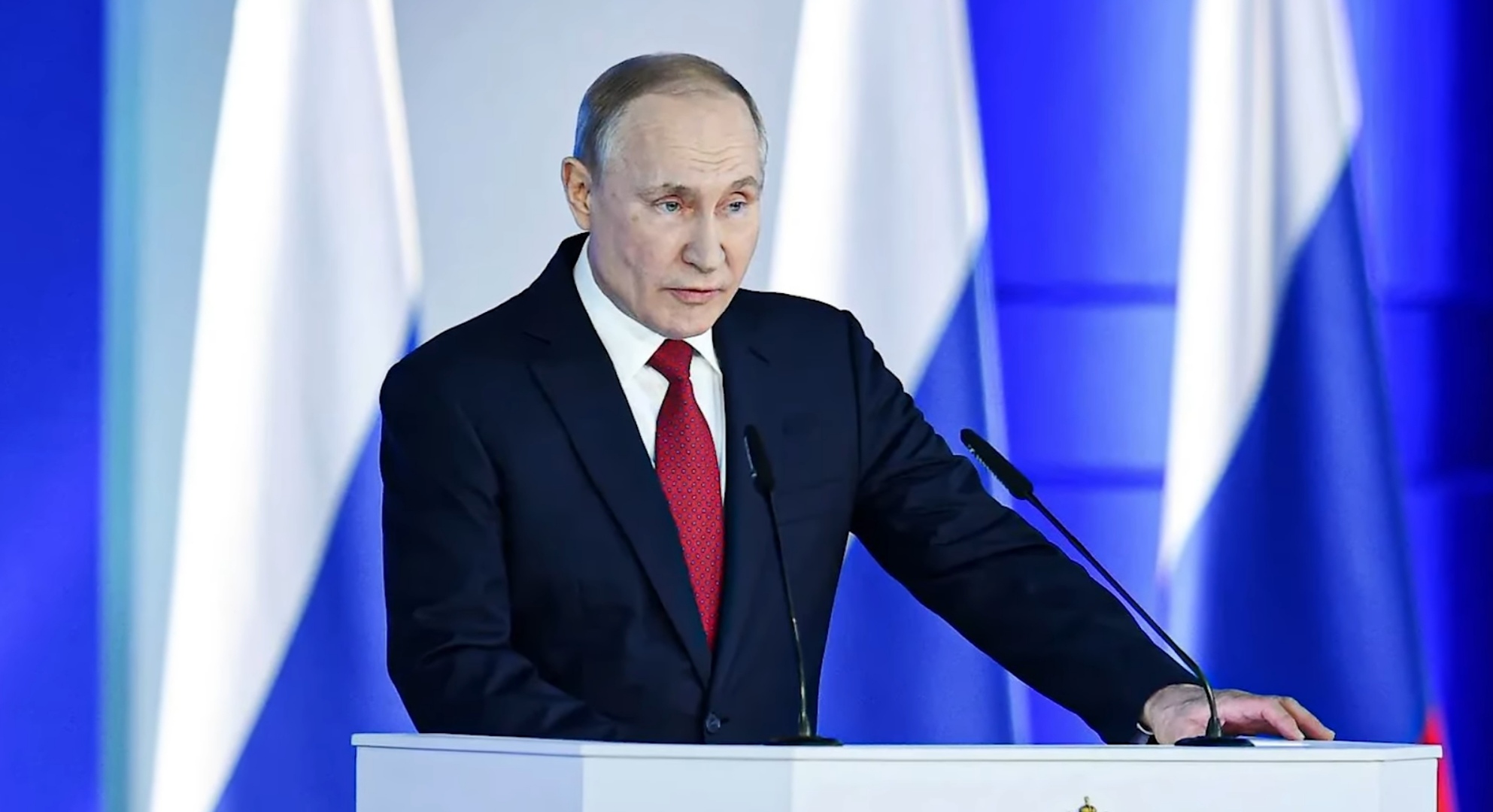 In a serious shift that’s drawing global attention, Russia has ended its self-imposed moratorium on the 1987 Intermediate-Range Nuclear Forces (INF) Treaty, a Cold War-era arms agreement once seen as a cornerstone of nuclear stability.
In a serious shift that’s drawing global attention, Russia has ended its self-imposed moratorium on the 1987 Intermediate-Range Nuclear Forces (INF) Treaty, a Cold War-era arms agreement once seen as a cornerstone of nuclear stability.
Originally signed by U.S. President Ronald Reagan and Soviet leader Mikhail Gorbachev, the INF Treaty banned land-based missiles with ranges of 500 to 5,500 kilometers. Although the U.S. pulled out of the treaty in 2019, Russia had continued observing it voluntarily—until now.
Russia’s Foreign Ministry said the change was driven by what it calls a “direct threat” from the West, especially due to recent missile deployments by the U.S. and NATO in Europe and the Asia-Pacific.
Former Russian President Dmitry Medvedev warned that Moscow may take “further steps” if what it sees as Western aggression continues. He emphasized that this isn’t about offense—but defense.
Meanwhile, former U.S. President Donald Trump has reportedly ordered two nuclear submarines to be repositioned near Russian territory, signaling strategic pressure in response.
Experts warn this could mark the beginning of a new arms race, especially with the New START Treaty set to expire in 2026. Without such treaties in place, global nuclear security could become even more fragile.
While Russia insists its move is a reaction to rising threats, Western leaders are calling it dangerous and destabilizing. The international community is now watching closely, hoping for restraint and dialogue before tensions spiral further.
📰 Stay updated with the latest global developments only on Thangnews24.com — your source for smart, neutral, and trusted news.